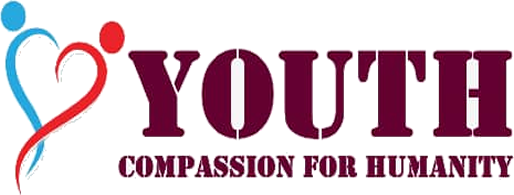The role of nongovernmental organizations (NGOs) in humanitarian relief has grown vigorously in recent years, but that rise has been characterized by a changing and increasingly difficult strategic and operating context for these entities. Paradoxically, while perhaps never more significant, relief organizations now confront more opaque and more problematic strategic environments as well as a variety of enduring and bedeviling operating level challenges. At the strategic scale, NGOs are dependent upon the often unpredictable decisions of key states for funding, are enmeshed in a service delivery structure characterized by competition, complexity, and diffuse authority and accountability and are divided as well by growing differences in how participating organizations define their identities, especially in light of more than a decade of experience with human rights-related humanitarian interventions.
YCFH Uganda’s vision is realization of an empowered citizenry capable of achieving a self-sustainable life
The purpose of our program strategy is to focus our program to clarify – both internally and externally to purposely breaking the cycle of poverty, diseases, ignorance and social injustices. Our program strategy is a portion of our broader transformation process focused on to prioritize programs including focusing resources, capacities and experience for maximizing impact.
